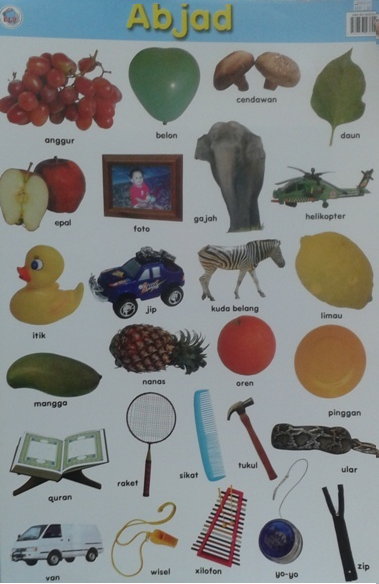In recent posts, I have discussed the pronunciation of words borrowed from English into Malay, especially those with 'g' or 'a' in the English.
Recently, there has been an exhibition on science and technology in Brunei. In his titah opening the exhibition, HM the Sultan said the word teknologi many times, and he quite deliberately used /g/ every single time. (He also sometimes dropped the [s] at the end of sains – I wonder whether [sain] is becoming the standard way of pronouncing this word in Malay.)
Surprisingly, in her summary of the titah, the newsreader clearly used /dʒ/ in every single token of teknologi. I find this divergence between the pronunciation of HM and the newsreader's discussion of the titah quite surprising.
Finally in the Sudut Pelita ('Lamp Corner' – a short programme for government discussions) later in the day, the State Mufti was talking about the impact of science and technology on Islam, and he alternated between /g/ and /dʒ/ in teknologi. I'm not sure if he was uncertain about what pronunciation to use or was deliberately choosing an indeterminate form.
This neatly illustrates how the pronunciation of 'g' in borrowed words such as teknologi, generasi, agenda and alergi is uncertain.



